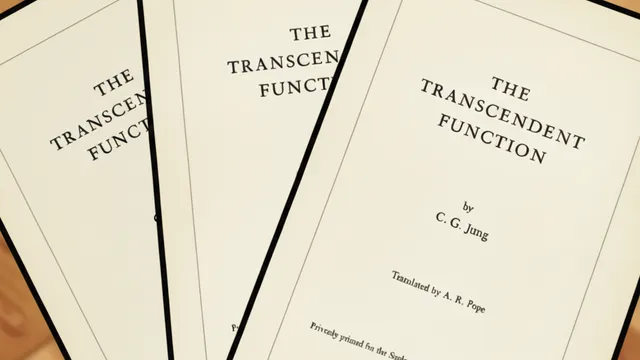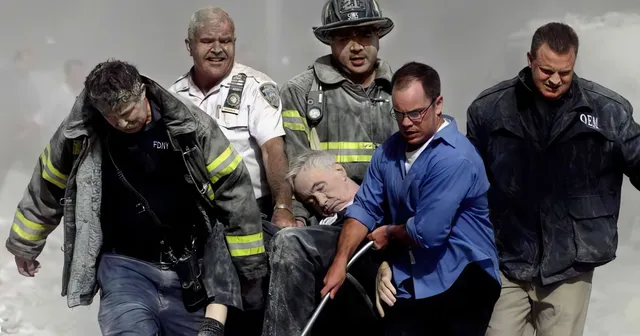Why Americans don’t trust experts
How a society that is so good at creating knowledge can be so bad at applying it. Why don’t Americans trust the experts?

Why don’t Americans trust the experts?
One answer is that experts get a lot of things wrong and often they pay a big price for those mistakes. From the forever wars to the 2008 financial crisis to the botched pandemic response, it seems Americans are constantly careening from one avoidable catastrophe to another.
Another answer is something like Martin Gurri’s thesis in his 2014 book The Revolt of the Public: The digital revolution has transformed the information space in ways that have empowered individuals and undermined the dominant institutions in society — government, media, the academy — and the elites who run them.
Whatever the causes, America has an expert problem and it’s making it harder and harder to solve its societal troubles. Michael Lewis, bestselling author of books like Liar’s Poker and Moneyball, is taking all of this on in the new season of his podcast Against the Rules.
Lewis is as good a storyteller as we have, and he takes a close look at what’s happened to our trust in experts and expertise. The problem, he says, isn’t that we lack experts; in fact, we have lots of experts and some of them have likely saved your life before. The issue is that we don’t value expertise and are therefore really bad at recognizing it when we see it.
I reached out to Lewis for a recent episode of Vox Conversations to talk about how we got here, why it’s an existential problem, and at what point skepticism of authority becomes pathological.



